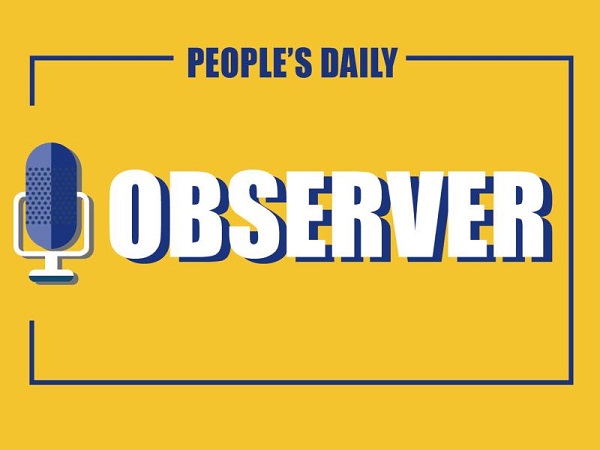
China will unswervingly encourage, support and guide the development of the non-public sector and inject impetus to the private economy, the government will carry out policies and measures in six aspects to fine-tune the business environment for the sound development of the non-public sector, Chinese president Xi Jinping noted while presiding over a symposium on private enterprises Thursday.
Ten entrepreneurs shared their opinions and posed suggestions on the private enterprises' development.
Delegates from high-tech manufacturing pioneering companies and start-ups such as Neusoft Group, Wanxiang Group and Sensetime attended the symposium.
At the meeting, China’s leadership team has reiterated that the non-public sector's status and functions in the country's economic and social development have not changed. The principle and policies to unswervingly encourage, support and guide the development of the non-public sector have not changed, and the principle and policies to provide a sound environment and more opportunities to the sector have not changed either.
Private enterprise delegates believe that measures that expand private enterprises' financing channels, market-based bond financing, and that encourage private equity might have a powerful engineering effect on solving the financing difficulties for private enterprises.
To solve the problems encountered by private enterprises, the government needs to communicate closely with the market and establish a good feedback mechanism.
The session has a significance for the development of the private economy, and injects confidence and motivation into China’s economic development.
It helps to restore the confidence of private entrepreneurs as the symposium clarified the status of the private economy in China's economic development and support to its further development, which will depend on how the relevant departments implement measures in practical approaches.
An environment of fair play is supposed to be created for private enterprises in market access, administrative approvals, business operations, bids and tenders and military-civil integration. Private firms are encouraged to participate in the reform of state-owned enterprises.
All members of the Standing Committee of the Political Bureau of the Communist Party of China (CPC) Central Committee attended the symposium, indicating that the central government attaches great attention to the development of private economy.
The imperative for the private enterprises is financing, and banks need to speed up the loan process for those private enterprises that are facing difficulties but still have promising markets.
Meanwhile, the government needs to implement tax cuts and lower fees, to reduce the cost of private enterprises through policies.
By the end of September, the inclusive loaning program for small-sized enterprises increased by 18 percent year-on-year, with overall loans up by 13 percent, which was around 5 percentage points higher than the average growth rate of various loans.
The scope for loans also continued to expand, granting credits to small-sized companies to 23 percent more compared to the end of 2017. The overall loan interest rate has declined. The average interest rate for loans made by 18 major commercial banks to smaller firms stood at 6.23 percent in the third quarter, 0.7 percentage points lower than the first quarter.
While the governments provides more support to small and micro enterprises in private sector, Wang Zhaoxing, vice chairman of the China Banking and Insurance Regulatory Commission (CBIRC), noted that the banks need to improve the capability to manage risks rather than loosen risk management and lower credit standards. The government meant to inject impetus to private economy and not to forge new financial risks that might undermine the country’s economic and financial security.


